|
|||||||||||
BEIJING - A wave of elections in the world next year will present challenges to Chinese diplomacy, for the candidates in some countries and regions will play the China card to win votes, experts said.
The Year of the Dragon will see major powers such as the United States, Russia, France and the Republic of Korea (ROK) all holding presidential elections.
Japan might change its prime minister, the Democratic People's Republic of Korea (DPRK) will also go forward with its gradual leadership reshuffling, and China's Taiwan will elect a new leader.
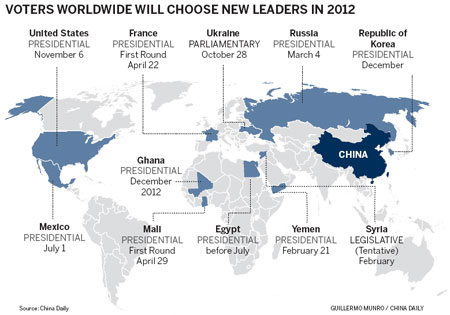 |
On the Chinese mainland the Communist Party of China will hold its 18th National Congress and select new central leadership.
Wang Yizhou, associate dean of the School of International Studies at Peking University, said that in this year of elections, political leaders in all countries and regions will pay greater attention to domestic affairs and might sacrifice some foreign ties by taking a hard line to win voters' favor.
Newly elected leaders, with different foreign policies, will add to the diplomatic uncertainties between their countries and regions and China, Wang said.
The run-up to elections will bring considerable maneuvering, and some politicians will be tempted to demonize other countries, a common practice in US presidential and congressional elections. To win a second term, US President Barack Obama may introduce hard-line economic policies toward China, affecting the development of US-China relations.
David Lampton, director of the China Studies Program at Johns Hopkins University, said that as both countries are facing sensitive domestic politics, "It is particularly important for our leaders to keep our long-term interests in mind, not use inflammatory language and place particular emphasis on dialogue in the next 12 to 18 months."
According to a report by the Institute of Modern International Relations of Tsinghua University, politicians' hard-line foreign politics may increase political tension.
The Japanese government, to gain the confidence of the people, may continue its hard-line approach to territorial disputes with China, the report said, which could again bring it into conflict with China. Historical issues between China and Japan could also boost tension. There is danger that the ROK and DPRK attack one another politically as they prepare to change leadership, putting China in a diplomatic dilemma.
The report also said that Russia and the US may clash again over democracy, strategic stability or Middle Eastern issues, and Russia and Europe could have disputes over energy supply and Russia's domestic reforms, which will also cast a shadow on China's diplomacy next year.
According to Jin Canrong, deputy dean of the School of International Studies at Renmin University of China, an election in China's Taiwan might introduce new variables into China-US ties, and if the Democratic Progressive Party regains power in Taiwan, it will be difficult to maintain the current level of stability across the Taiwan Straits.
Men Jing, professor of EU-China relations at the College of Europe in Belgium, cautions that China needs to be more flexible and adaptive to changes in international politics and economics. "The economic and financial crisis and the change of heads of government in several major countries next year will have an undeniable impact on China's role in the world and China's relations with these countries. China needs to keep a close eye on the changes and react in a timely and appropriate manner," Men said.
Tan Yingzi in Washington and Fu Jing in Brussel contributed to this story.
Hot Topics
HIV/AIDS, Egypt protest, Thanksgiving, climate change, global economic recovery, home prices, high-speed railways, school bus safety, Libya situation, Weekly photos
Editor's Picks
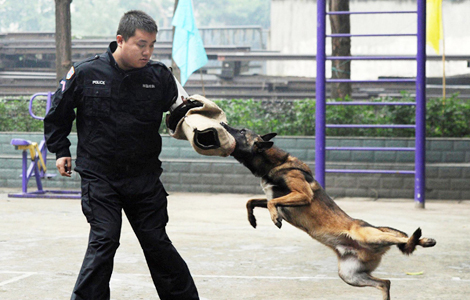
|
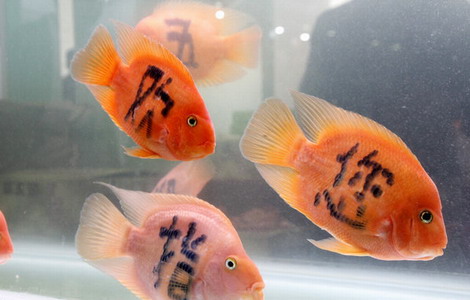
|

|
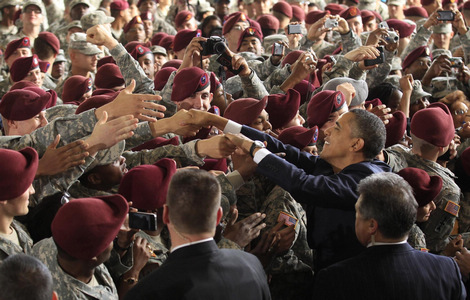
|

|
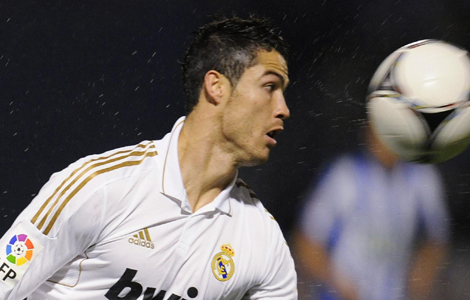
|







